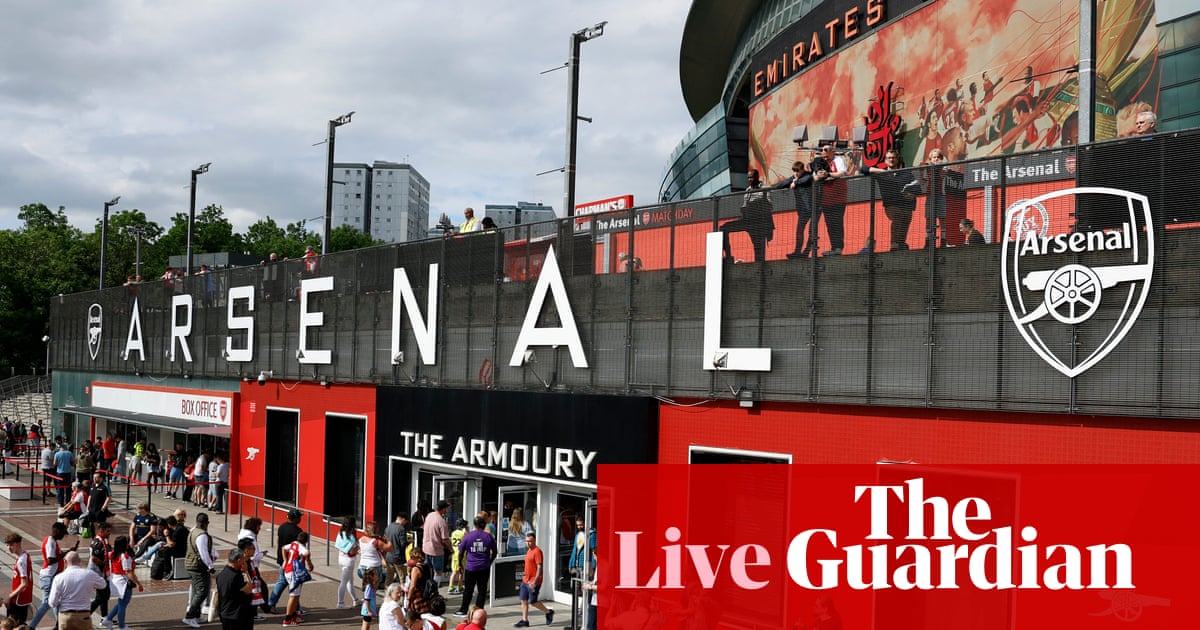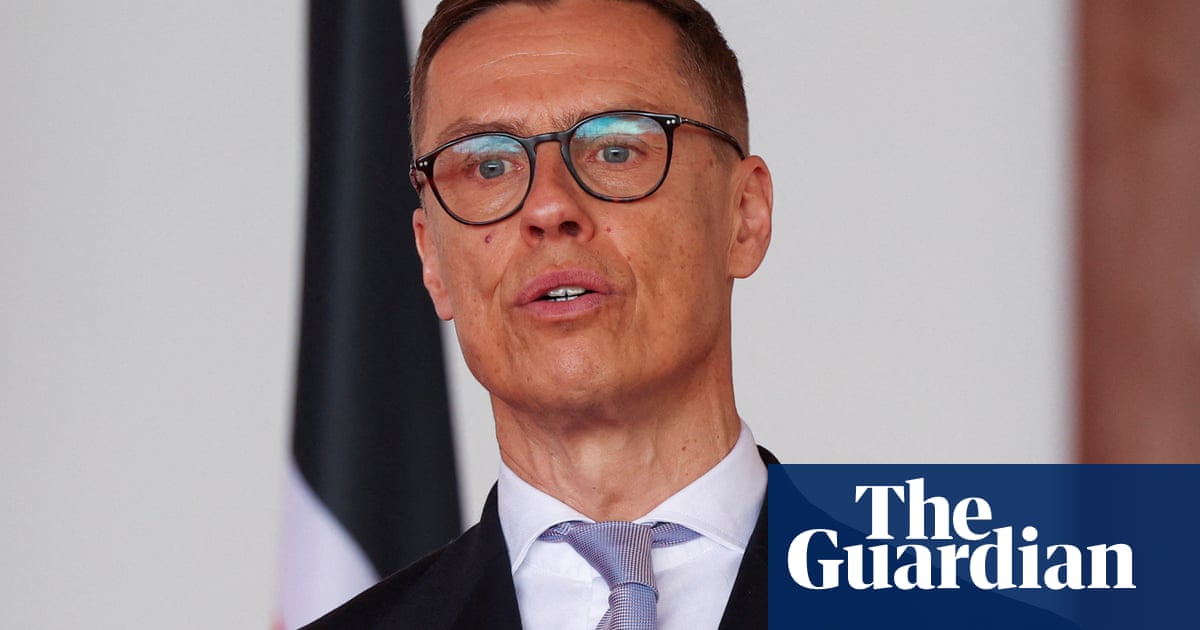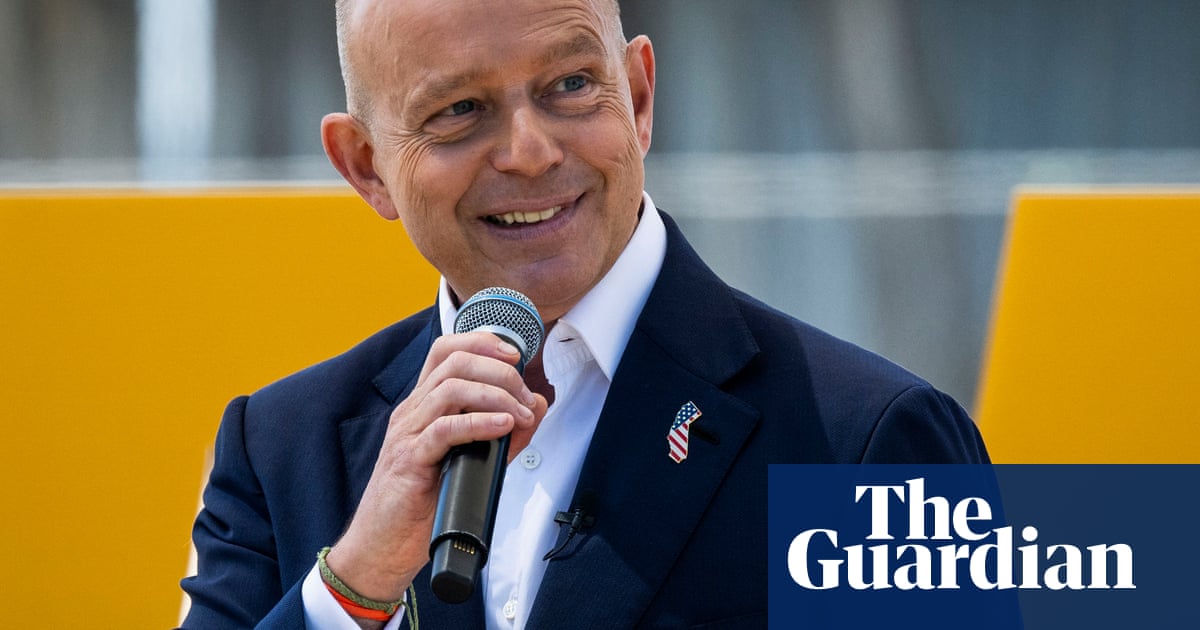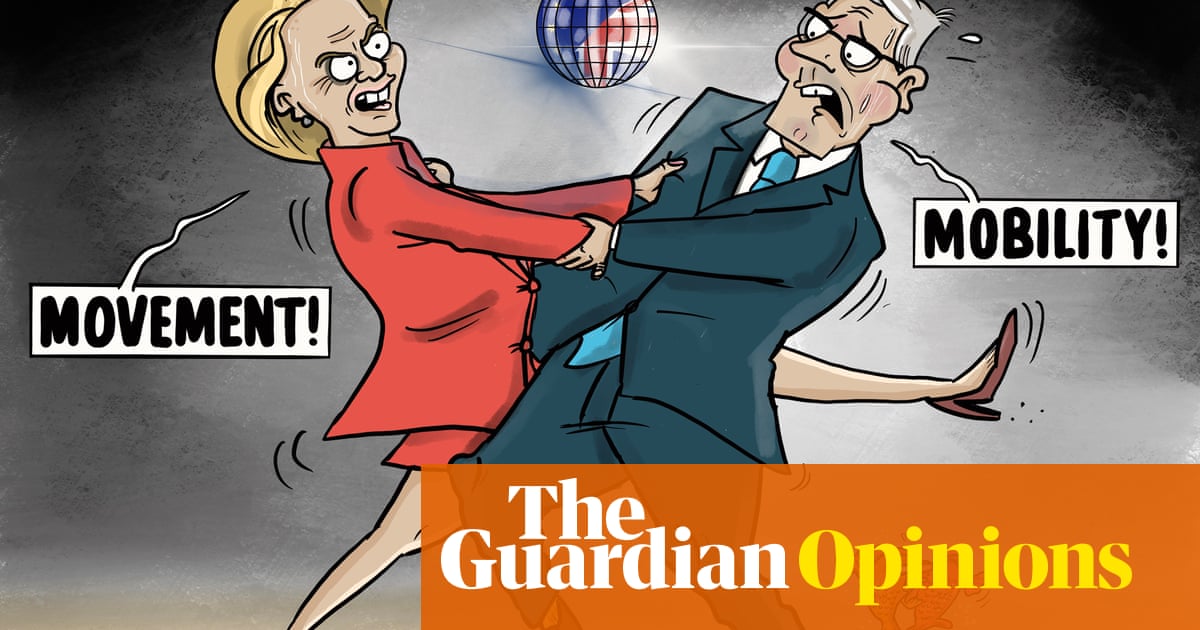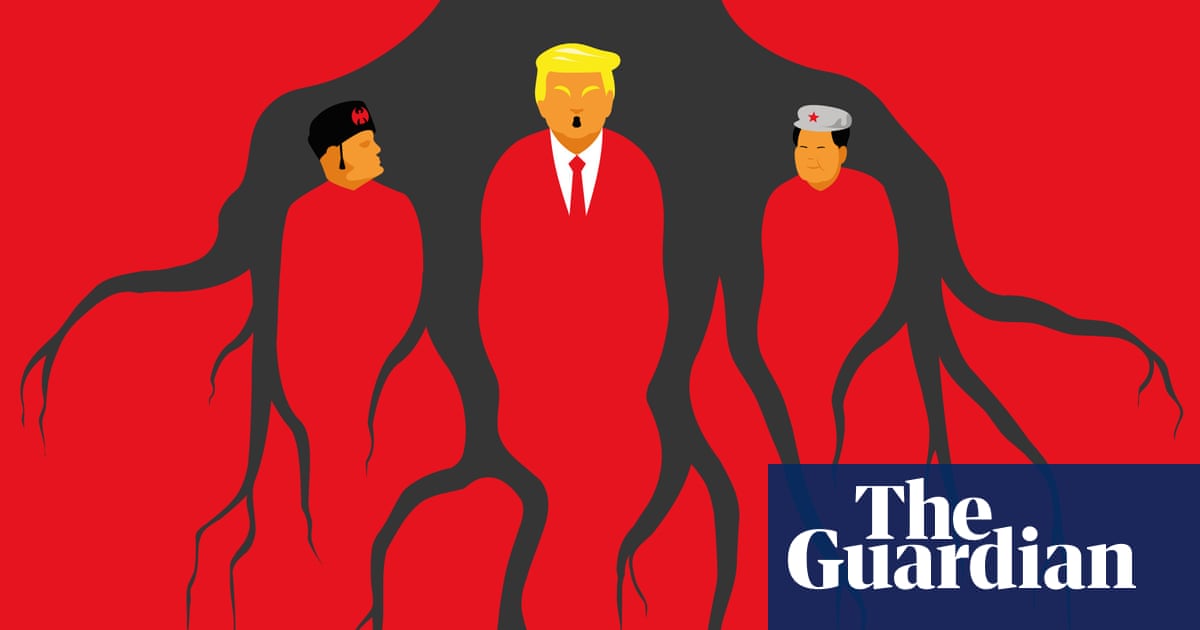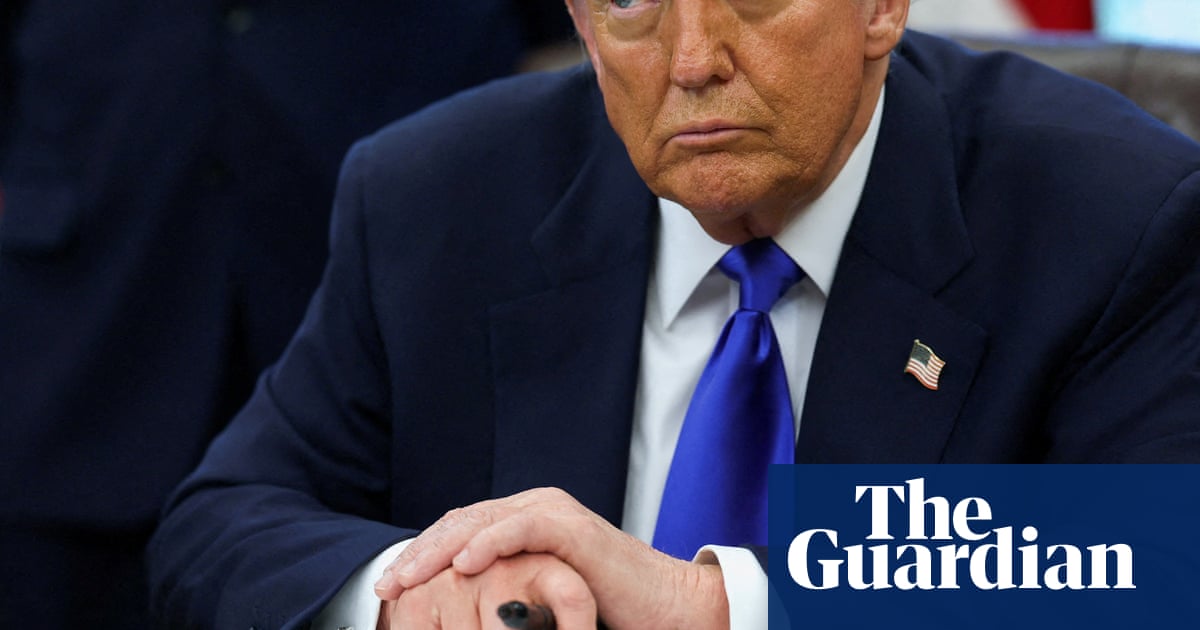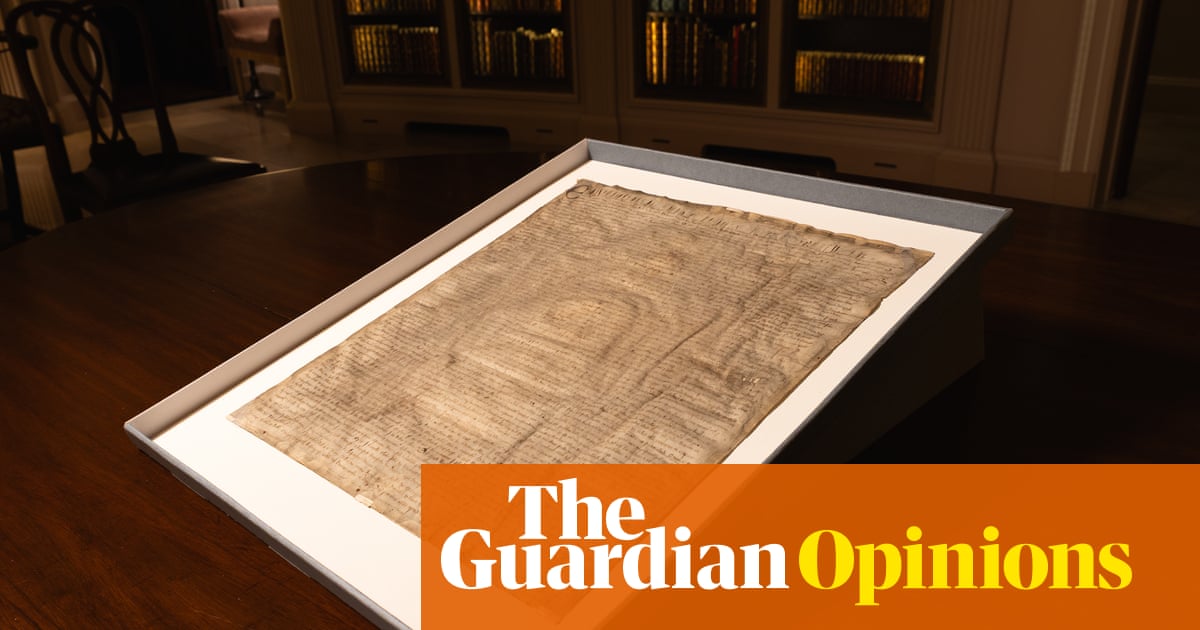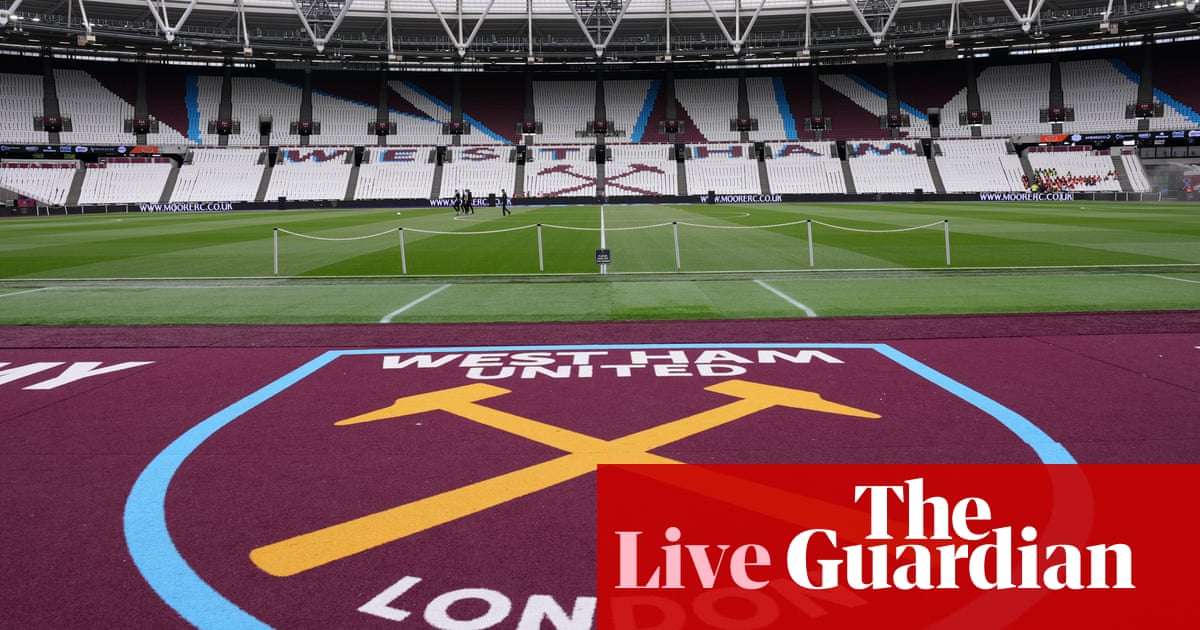Ceasefire talks between Israel and Hamas have been continuing in Qatar for a second day as Israeli warplanes and artillery launched a fresh wave of strikes across Gaza, killing at least 103 people, according to health officials in the Palestinian territory.
The Israeli prime minister, Benjamin Netanyahu, signalled on Sunday that Israel was open to a deal with Hamas that would include “ending the fighting” in Gaza, but laid out conditions that have been repeatedly refused by the militant Islamist organisation.
“Even at this very moment, the negotiation team in Doha is working to exhaust every possibility for a deal … which would include the release of all the hostages, the exile of Hamas terrorists and the disarmament of the Gaza Strip,” his office said in a statement.
In Gaza, medical officials said they could not cope with the casualties from the most recent strikes.
“Hospitals are overwhelmed with the growing number of casualties, many are children, several cases of amputations and the hospitals, which have been hit repeatedly by the occupation, are struggling with shortages of medical supplies,” Khalil al-Deqran, the territory’s health ministry spokesperson, told Reuters.
In northern Gaza, a strike on Sunday on a home in the Jabaliya area killed nine people from a single family, according to the health ministry’s emergency services. Another strike in Jabaliya, killed 10, including seven children and a woman, civil defence officials said.
At least 12 people were killed in three separate strikes in central Gaza, hospitals said. More than 48 people were killed in airstrikes in and around the southern city of Khan Younis, some of which hit houses and tents sheltering displaced people, according to medics at Nasser hospital, which added that more than half of the dead were women and children.
There was no independent confirmation of the death tolls and the Israeli military had no immediate comment on the overnight strikes.
Israeli officials have described the fresh attacks as the beginning of a major new offensive, codenamed Operation Gideon’s Chariots, which they say could lead to the seizure of swaths of Gaza and the displacement of much of the population to its south.
Israel’s offensive in Gaza has killed more than 53,000 Palestinians, many of them women and children, according to the territory’s health Ministry. Israel accuses Hamas of using civilians as human shields – a charge the group denies – and says it has attacked “terrorist targets”.
Hamas took about 250 hostages during its October 2023 attack on Israel, which resulted in the deaths of about 1,200 people. Fifty-seven of the hostages are still held by Hamas, though most of these are thought to be dead.
The indirect talks in Qatar are reportedly focusing on securing a two-month truce, with Hamas freeing about half the 20 or so living hostages it is still holding. In return, Israel would release hundreds of Palestinians from its jails and end the tight blockade it has placed on Gaza since early March. The US would offer strong guarantees to ensure talks about a permanent end to the war took place.
In March, Israel refused to engage in talks about a second phase of a fragile two-month ceasefire that could potentially have led to an end to the conflict and the release of remaining hostages. It then imposed a tight blockade on Gaza and relaunched its air offensive.
Netanyahu has been repeatedly accused of prolonging the war for domestic political reasons – charges which he denies – and has frequently promised that Israel will continue to fight until Hamas is “crushed”.
Hamas, which released an US-Israeli hostage last week as a goodwill gesture before Donald Trump travelled to the Middle East for a four day visit, has previously insisted on a deal that definitively ends the war and leads to the withdrawal of Israel’s forces. It has also refused to disarm or to accept the exile of its leaders.
“The Hamas delegation outlined … the necessity to end the war, swap prisoners, the Israeli withdrawal from Gaza, and allowing humanitarian aid and all the needs of the people of Gaza back into the strip,” Taher al-Nono, the media adviser for the group’s leadership, told Reuters on Saturday.
Israel, which claims Hamas systematically loots aid to fund its military and other operations, has put forward a plan to distribute humanitarian assistance from a series of hubs in Gaza run by private contractors and protected by Israeli troops.
The US has backed the plan, which has been described as unworkable, dangerous and potentially unlawful by aid agencies because it could lead to the forced mass transfer of populations.
Food security experts have warned that any delay will cost lives, and that cases of acute malnutrition, particularly among young children, are soaring.
Some of the heaviest Israeli strikes earlier this week were aimed at Mohammed Sinwar, the current commander of Hamas in Gaza, who, Israeli officials said, was sheltering in tunnel systems under a hospital complex in Khan Younis. The Israeli defence minister, Israel Katz, reportedly suggested on Sunday that Sinwar had been killed.
The prospect of a massive new offensive, the recent strikes and the tight blockade imposed on Gaza in March by Israel have prompted a growing wave of international concern and anger.
The UN human rights chief, Volker Türk, on Friday said the bombing campaign aimed at bringing about a “permanent demographic shift in Gaza” that was in “defiance of international law” and was equivalent to ethnic cleansing..
His comments were also echoed by the UN secretary general, António Guterres, who called for a permanent ceasefire while speaking at an Arab League summit in Baghdad on Saturday.
Regional tensions remain high after Trump’s visit.
Meanwhile, Israeli air defence systems intercepted a Houthi missile launched at the country early on Sunday from Yemen, one of two fired by the Iran-backed militia towards Israel‘s main airport near Tel Aviv.
On Friday, Israel struck Yemen for the eighth time since the war in Gaza began in response to the Houthi attacks.

.png) 3 hours ago
2
3 hours ago
2
